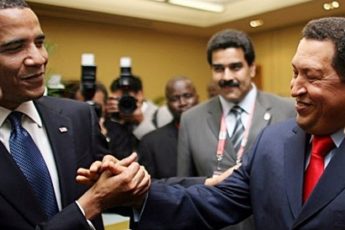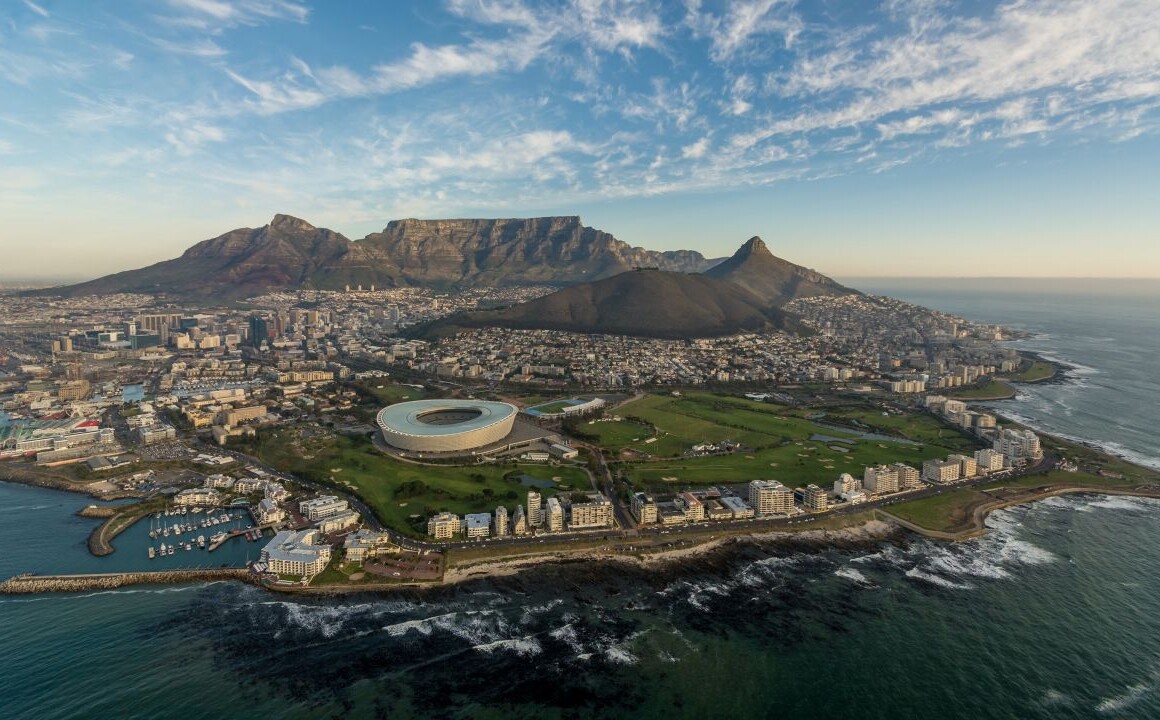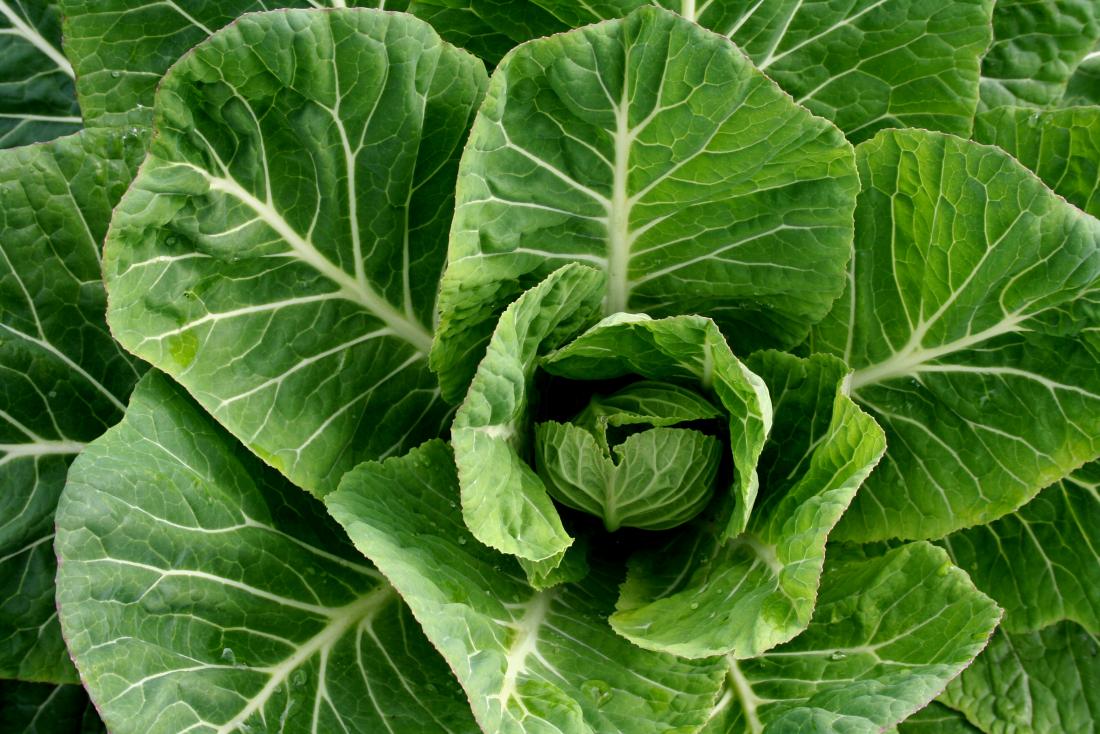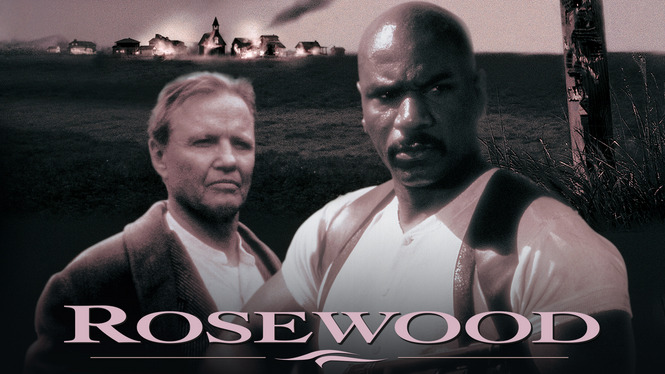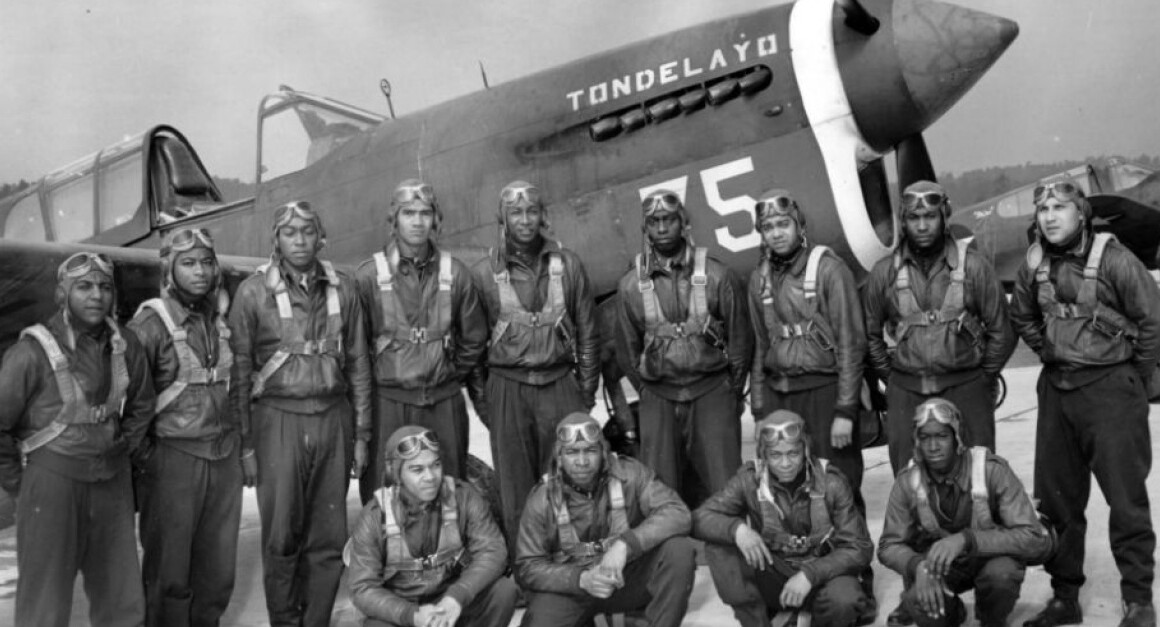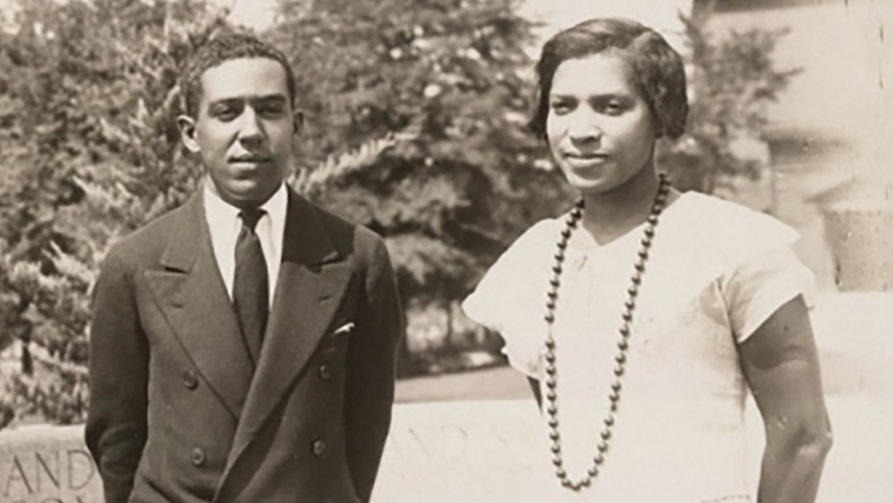Dispatches from the Diaspora. In the West African nations of Nigeria and Guinea the health of its leaders who both came to power in different ways dominate the news. In Nigeria President Musa Yar’Adua’ the democratically elected President of 151 million people has been in a Saudi hospital since the middle of November for acute pericarditis, inflammation of the heart’s lining. Many in Nigeria fear a power vacuum due to his absence. Nigeria has experienced many military coups since independence. The last of which was the brutal military regime of Sani Abacha which ended in 1998. The focus and uncertainty on the leaders health underlines the fragility of Africa’s largest democratic state. Properly named, Vice-President Goodluck Jonathan, would succeed the President if he is unable to resume his official duties.
In Guinea the self appointed leader of the nation of 10 million Moussa Dadis Camara was the victim of an assassination attempt when his military rival Abubakar “Toumba” Diakite allegedly openned fire. Camara was seriously injured and is undergoing treatment for his wounds in Morocco. It’s gotta be tough to be a coup leader. You don’t know who to trust. After taking power in December 2008, Camara and his military junta has been under increasing pressure to turn power over to civilians through the democratic process. In September his regime opened fire on opposition protesters killing 157 and injuring thousands. This incident added to the international outrage directed at the military junta.
The Economic Community of West African States (ECOWAS), the strongest organization in the region has been persistent in its attempts to bring about the peaceful end to the military government. ECOWAS and other international organizations has suggested peace keepers to restore democracy to Guinea. This suggestion has been rejected, by the military government proclaiming that a military force that enters Guinea without permission would be a declaration of war.
Here is where the situation in Nigeria and Guinea converge. Nigeria being the largest state in ECOWAS, and the biggest contributor in terms of money and troops to the regional military force ECOMOG, may be too distracted by its internal affairs to intervene in Guinea. ECOMOG along with an African Union force has the capability of removing the regime if provoked.
The issue of democracy and governance in West Africa raises the issues surrounding colonialism. Under colonialism Guinea was not a separate state but was part of the French West Africa Federation made up of states including Mali, Mauritania, Ivory Coast, and Senegal. Nigeria was a colonial property of Britain but not a part of greater British controlled West African state. Guinea, a few centuries ago, was under the rule of the Ghanaian empire and later the wealthy and powerful Mali empire. It is time to consider whether politically and economically struggling nations like Guinea should be incorporated into a greater West African state. Where they are not competing on the international markets with other small struggling states. Where its raw materials, goods, and services are incorporated and used for the benefit of the whole. In order for West African states to prosper economically they must return to some form of political unification. Political unification that prevents a member state from being taken over by army officers.

